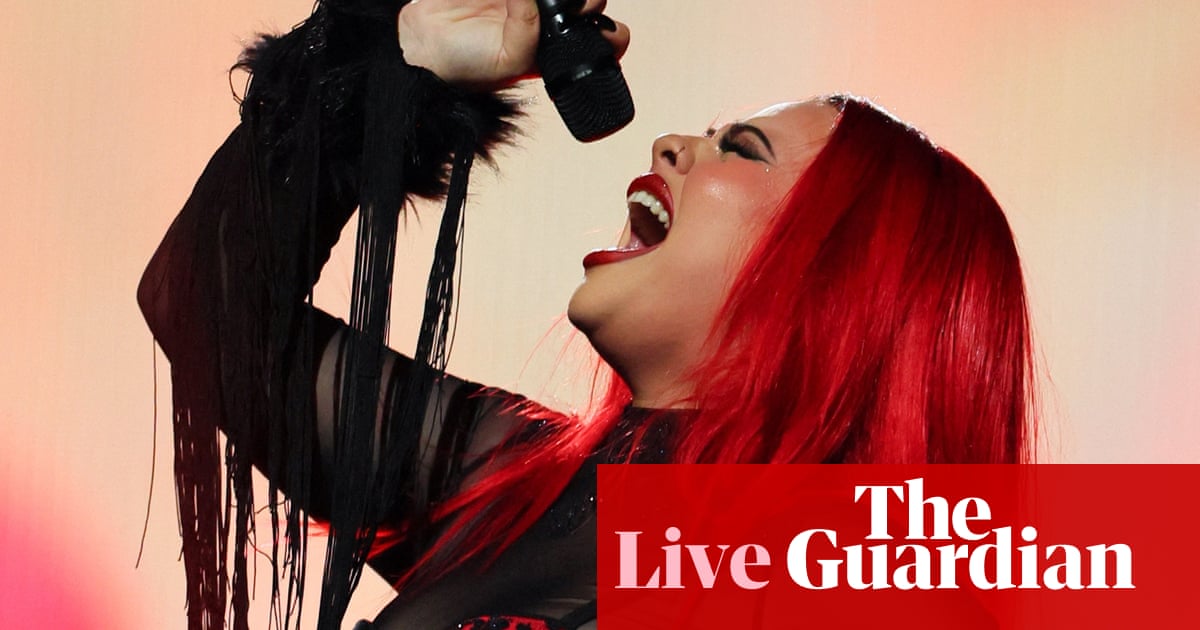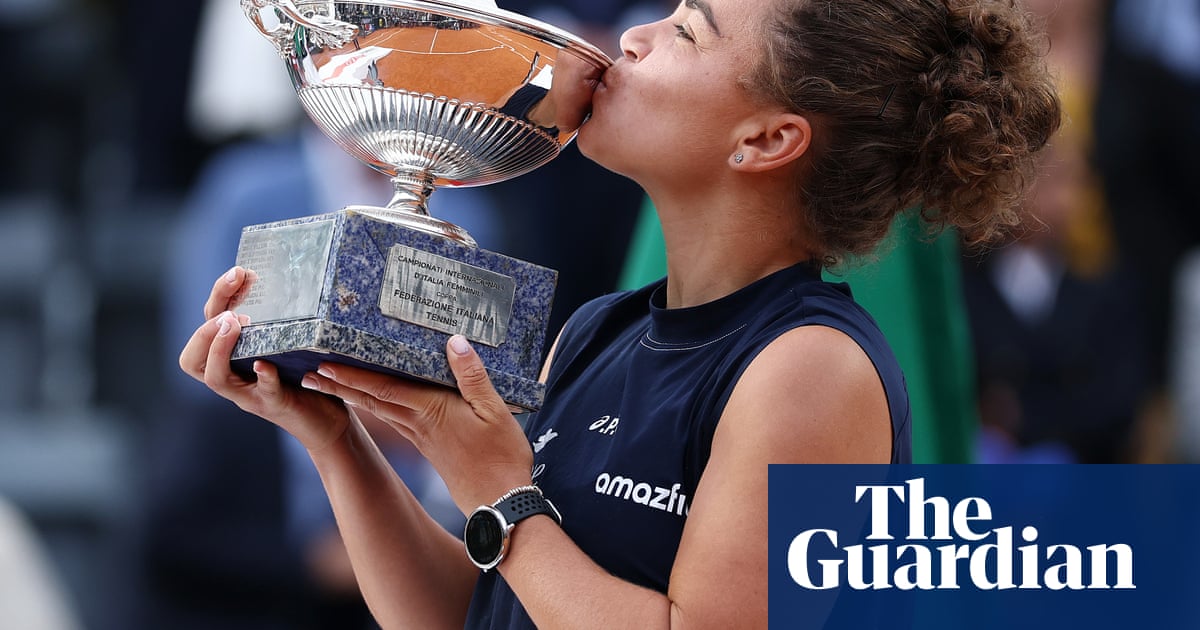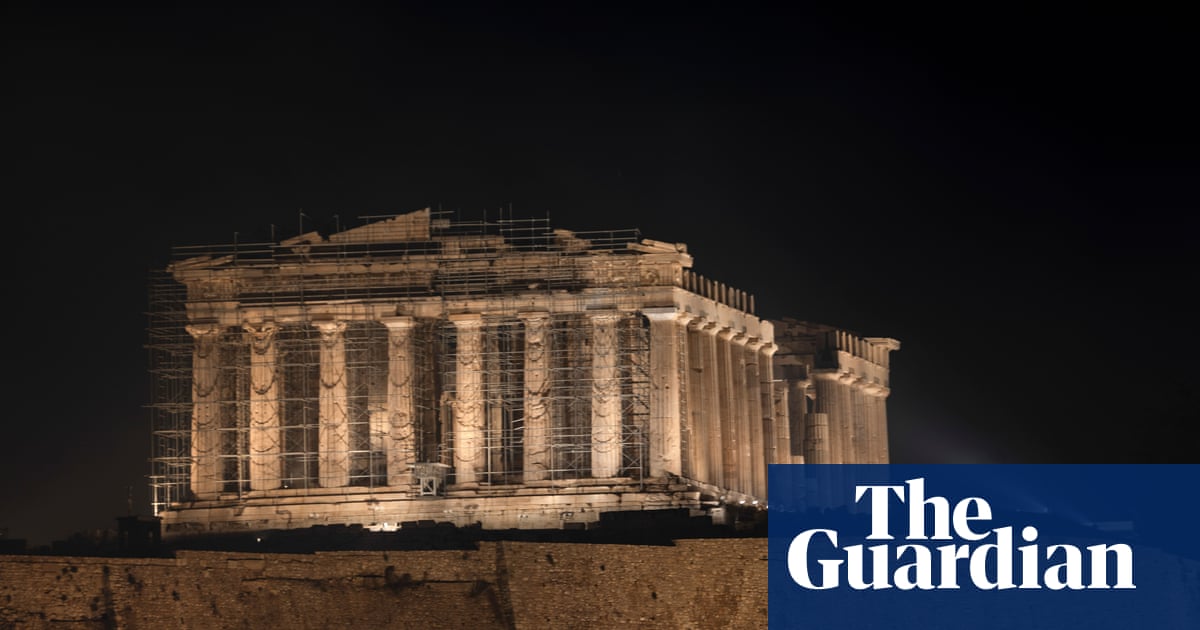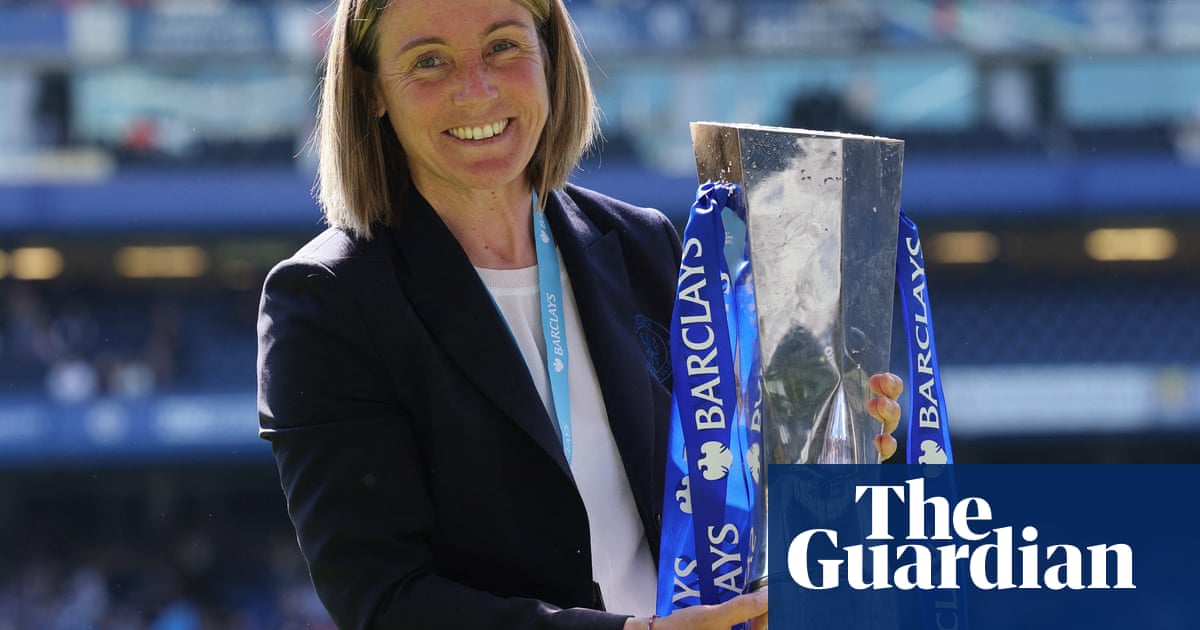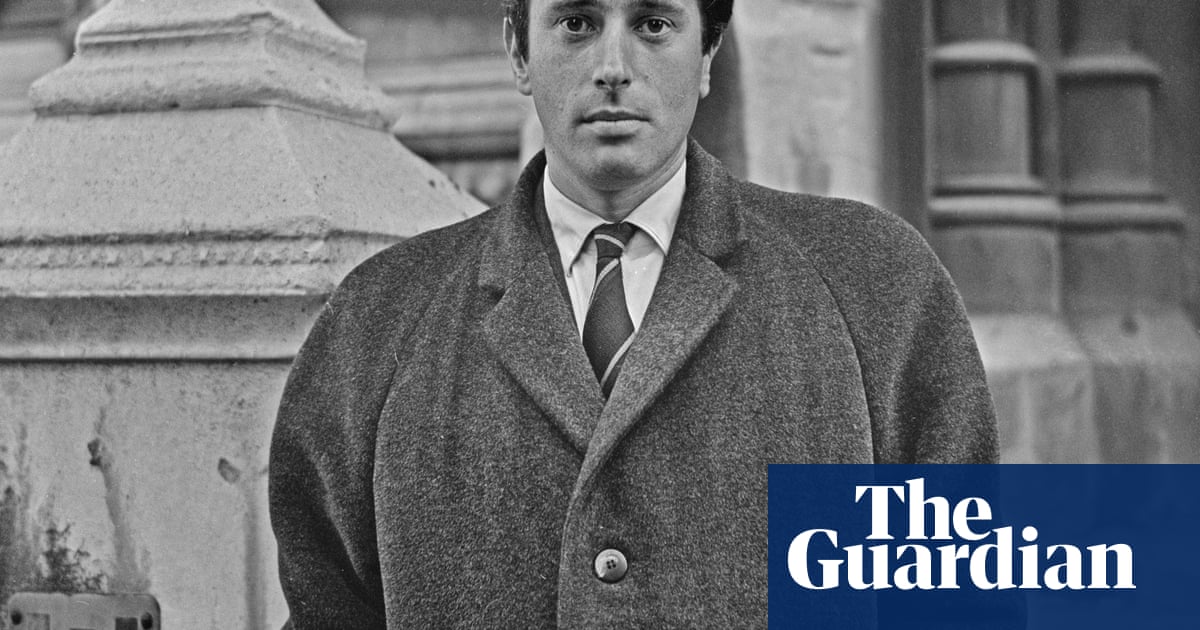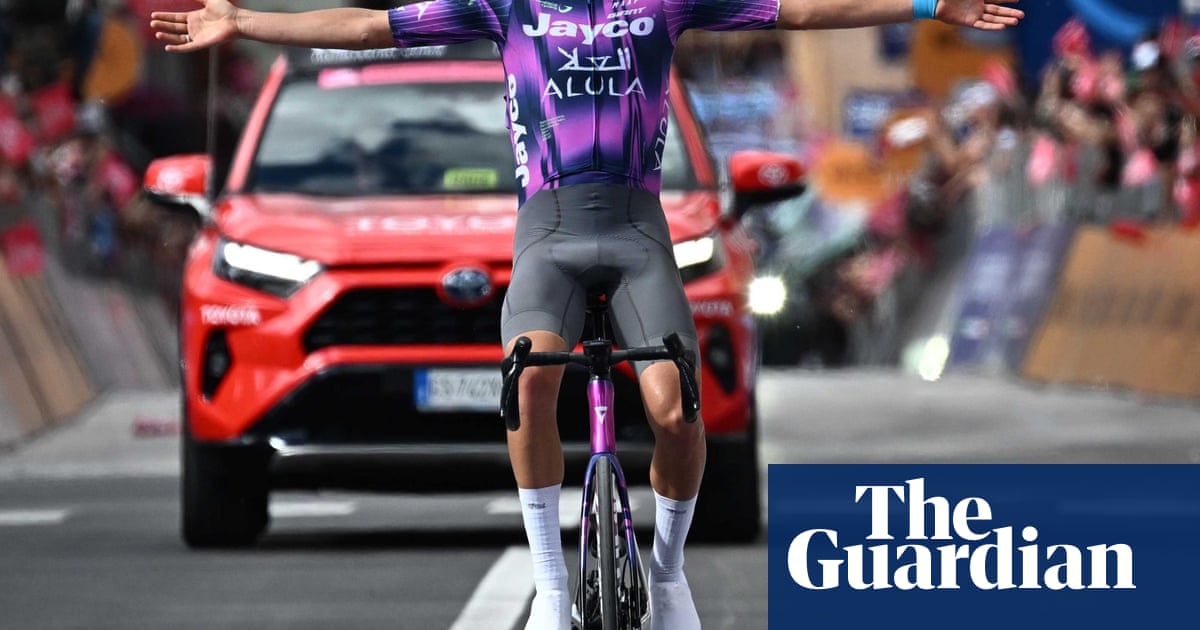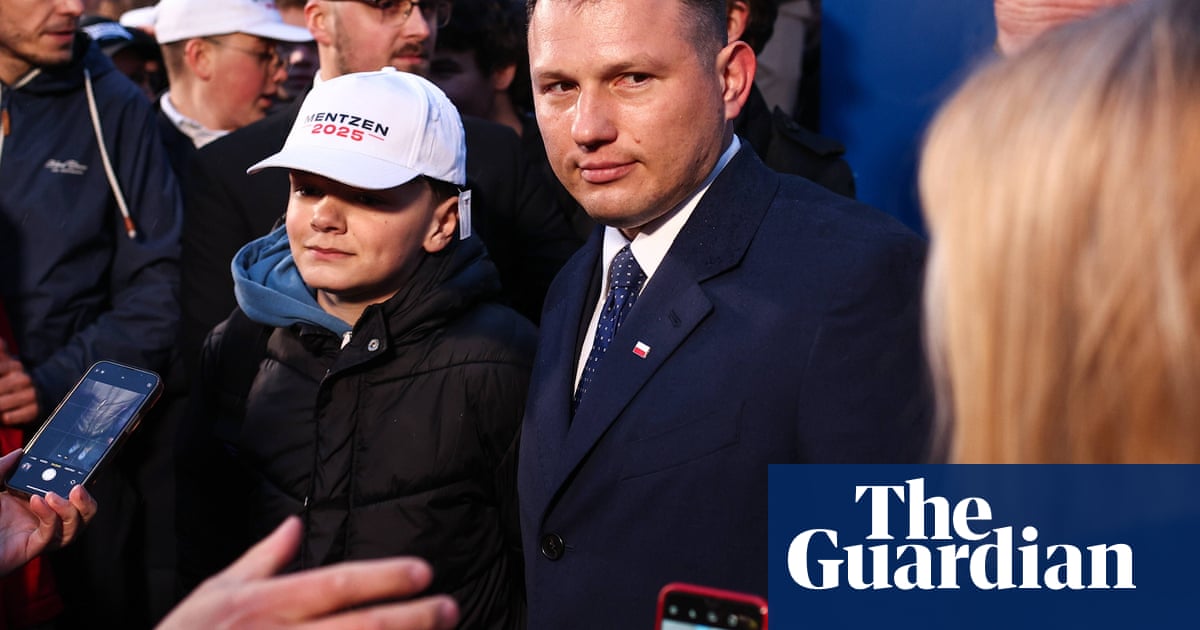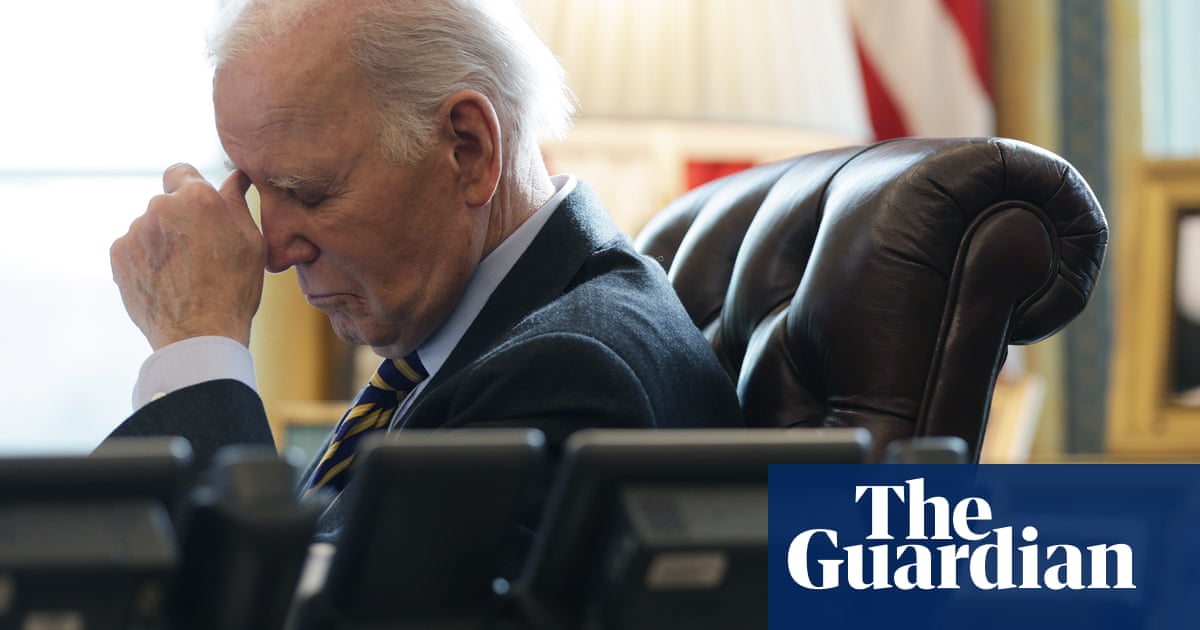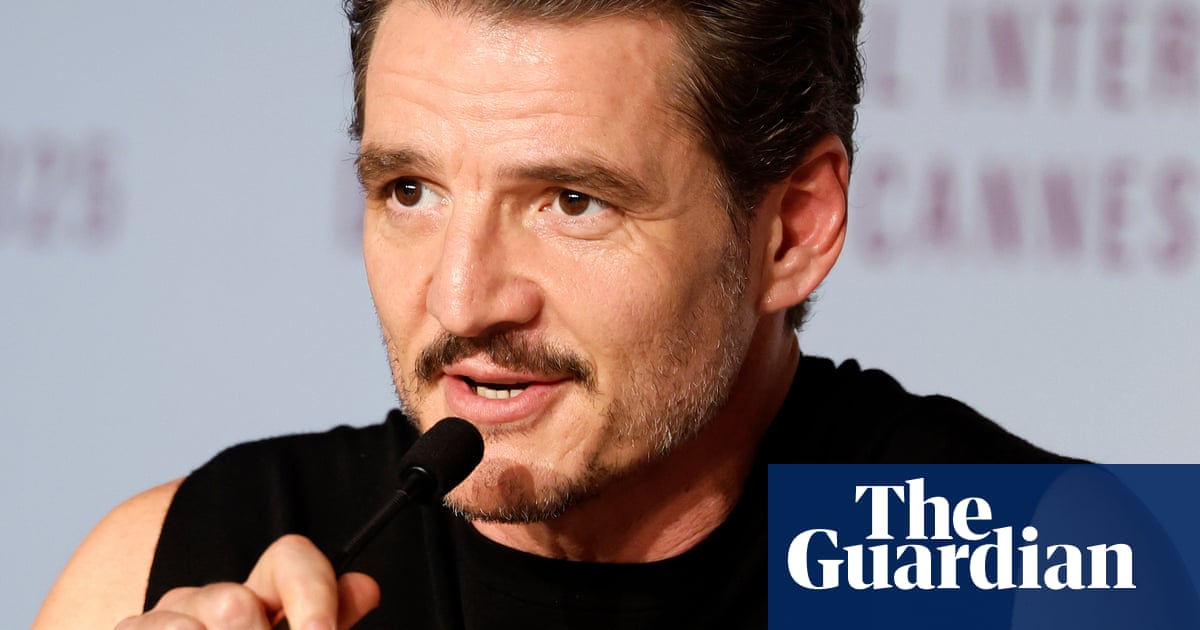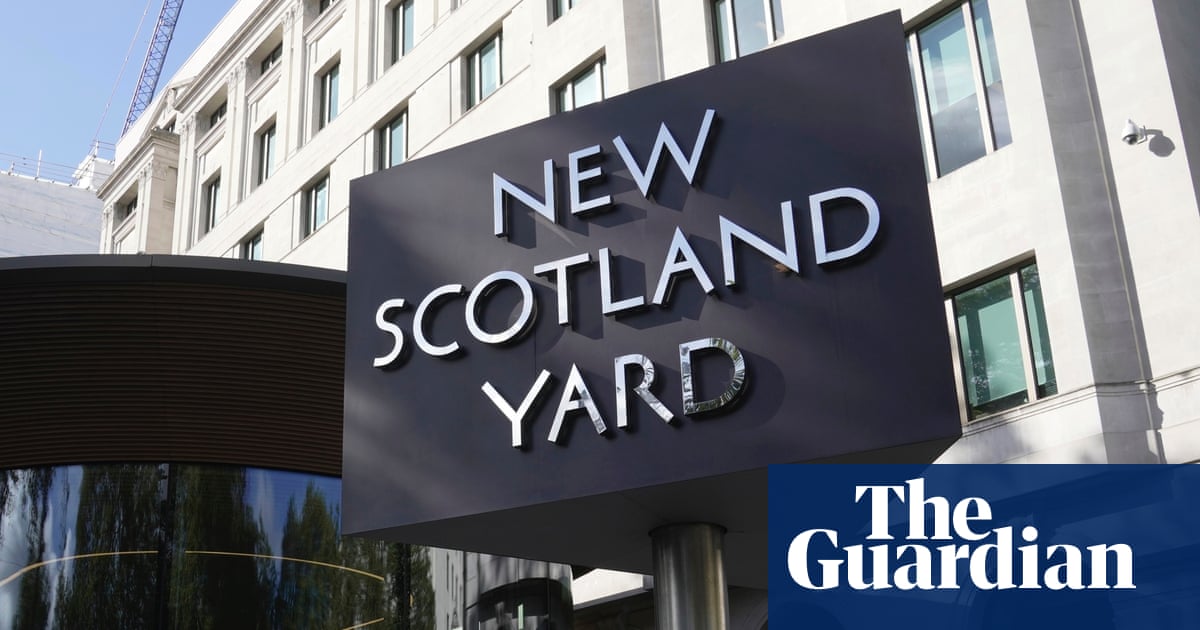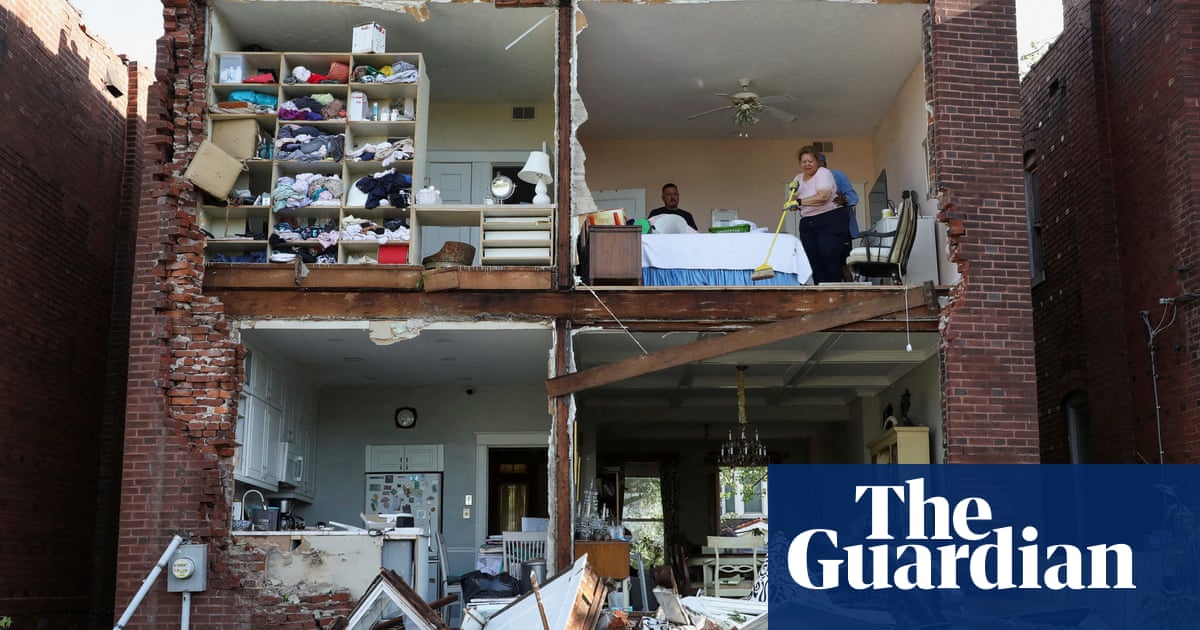Evidence that the Chicago-born Pope Leo XIV’s bloodlines reflect the US’s legacy of immigration – and complicated relationship with race – has continued to emerge since he recently became the first American ever elected to lead the Roman Catholic church.
The family history service Ancestry recently announced that a team helmed by senior genealogist Kyle Betit had determined Leo’s paternal grandfather, John R Prevost, immigrated to the US from north-eastern Sicily.
That revelation came as Leo used his first address to world diplomats on Friday to say that migrants’ dignity must be respected. Some interpreted the remarks to mean Leo may be willing to clash with the Donald Trump White House’s policies seeking to generally crack down on immigration to the US.
“My own story is that of a citizen, the descendant of immigrants, who in turn chose to emigrate,” Leo told ambassadors at the Vatican.
The information about Leo’s Sicilian roots surfaced in part on a form in 1940 that Prevost – living in Chicago at the time – was required to fill out because he was a foreign national and had not become a naturalized US citizen.
The form, along with other relevant genealogical records, indicated that Prevost was born on 24 June 1876 in Milazzo, a province of Messina, Italy, and named Salvatore Giovanni Gaetano Riggitano. The document alluded to his arrival in New York on the steamship Perugia in May 1903, one of roughly 4 million Italians – the bulk of them Sicilians like Riggitano – who immigrated to the US between 1880 and 1915 in hopes of fleeing poverty, political upheaval as well as other hardships, Ancestry’s research showed.
Riggitano eventually adopted John as his first name, anglicizing the one given to him at birth, and took the surname of his wife, Suzanne Prevost, as his own. He taught Italian, French and Spanish. Eventually, he lived in Chicago with his wife and family, according to his résumé, newspaper articles and advertisements, birth records and census information, all of which were consulted by the Utah-based Ancestry.
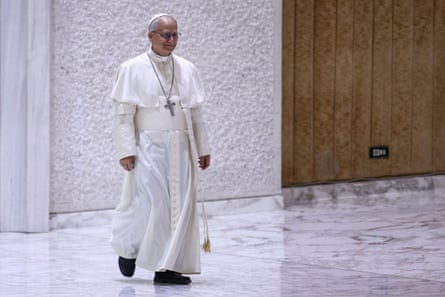
Betit said that one of the Prevosts’ sons, Louis Marius, eventually married Mildred Agnes Martinez.
Mildred’s father, Joseph, was evidently born on the island containing the Dominican Republic and Haiti. And for a time, Joseph lived with Mildred’s mother, Louise, in New Orleans’s Seventh Ward, a bastion in the city for people who were Creole, a term utilized there to describe those of mixed race, according to other genealogists.
The Martinezes – the future pontiff’s maternal grandparents – at one point identified as Black. But by 1920, when racial oppression was rampant as well as often violent throughout the US south (and not yet deemed unconstitutional by the country’s federal supreme court), the Martinezes had moved north to Chicago. And, as other similarly situated families in the US did, they switched their racial identity to white.
Louis and Mildred Prevost raised three sons within the Catholic faith in Chicago, the youngest of whom was Robert. Robert Prevost was ordained a priest in 1982; became the worldwide leader of the Catholic religious order colloquially known as the Augustinians; led a Peruvian diocese; was made a cardinal by Pope Francis in September 2023; and headed the Vatican entity in charge of selecting new bishops around the world.
On 8 May, after a two-day conclave in Rome, about 460 miles from his paternal grandfather’s Italian homeland, Leo was elected to succeed the late Francis as head of the worldwide Catholic church and its 1.4 billion members.
“We often see parallels between the past and the present,” Betit said in a statement. “In the case of the new pope, his grandfather journeyed from Italy to America, and [his] journey brought him back to Italy as pope.”
His predecessor frequently clashed on the topic of immigration with Trump, who won a second US presidency in November in large part by promising to carry out mass deportations.
The first few months of Trump’s second presidential term have indeed been marked by steady news of immigration-related detentions and removals in the US. In fact, on Friday, his administration drew a supreme court ruling rejecting its efforts to resume deporting Venezuelans under an 18th-century wartime law.
As a cardinal, Robert Prevost, for his part, had gone on social media before becoming pope and reposted an opinion column criticizing an assertion by JD Vance, Trump’s vice-president, that taking care of one’s own people before turning to others was consistent with the teachings of Catholicism.
And, during his speech on Friday at the Vatican to ambassadors, he said: “All of us, in the course of our lives, can find ourselves healthy or sick, employed or unemployed, living in our native land or in a foreign country, yet our dignity always remains unchanged. It is the dignity of a creature willed and loved by God.”
Vance was scheduled to lead a delegation of US officials at Leo’s inaugural mass on Sunday.

.png) 7 hours ago
5
7 hours ago
5

